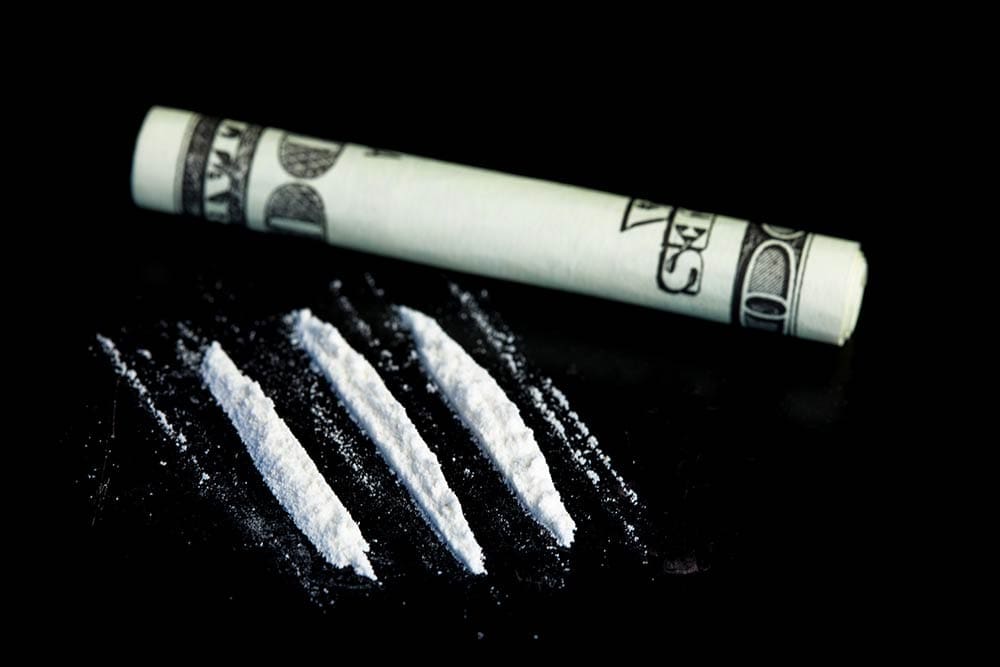Table of Contents
Differences Between Snorting and Injecting Drugs
Regarding enhancing addictiveness, taking drugs nasally or intravenously poses the highest risk. Learn about the dangers in our featured article.
For quite some time, drug addiction has been a major health-related issue throughout the United States. There are many different kinds of drugs available throughout the country, and whether or not an individual becomes addicted will depend heavily on that individual – what kind of drugs they use, the frequency of use, and any potential underlying risk factors. The National Institute on Drug Abuse reports that alcohol is the most commonly abused chemical substance, closely followed by tobacco, marijuana, and illicit drugs (which can range from stimulants like cocaine or methamphetamine to opioid narcotics like heroin).
Not everyone who picks up a chemical substance will become addicted. Most people who experiment with drugs will not develop a serious, life-threatening substance abuse problem. When it comes to who gets addicted and who does not, the method of ingestion will play a significant role. Some drugs come in pill form and are taken orally or swallowed (like prescription painkillers or prescription stimulants). Some come in powder form and are ingested nasally or snorted (like cocaine). Some drugs are smoked (like marijuana or crack cocaine), and some are injected intravenously (like heroin).
Regarding enhancing addictiveness, taking drugs nasally or intravenously poses the highest risk. Take a look at both of these methods of drug abuse more in-depth, and reach out to us with any additional questions you may have. If you or someone you love has been struggling with an addiction of any type or severity, we can help.
Dangers of Snorting Drugs
Certain illicit substances are traditionally ingested nasally, such as cocaine or heroin in powder form. Nowadays, those struggling with drug abuse will often snort other substances, like certain medications, to achieve a faster and more intense “high.” For example, it is now common practice to crush and snort prescription medications like Adderall, Ritalin, oxycodone, and hydrocodone. Some mistakenly believe that snorting prescription medications is safer than snorting street drugs like cocaine.
Unfortunately, those who choose this ingestion method will almost always do short- and long-term damage. Not only will the respiratory system suffer (after being repeatedly exposed to chemicals and toxins), but the nasal passages will also suffer. In some cases, they may entirely collapse. Some begin to experience chronic nosebleeds; some permanently lose their sense of smell, and some experience a chronic runny nose and issues with the esophagus. Snorting drugs can lead to throat cancer, a deteriorated nose, heart attack, seizures, coma, and death.
Dangers of Injecting Drugs
Of all ingestion methods, injecting drugs is the most dangerous by far. Not only are those who inject drugs at a significantly greater risk of overdose-related death, but they will also:
- Become addicted far more quickly
- Put themselves at risk of certain contractible diseases, like HIV and Hepatitis
- Suffer from skin rashes, infections, and abscesses
- Experience collapsed veins
- Do severe damage to their respiratory and cardiovascular organs
- Suffer from psychological disorders
If you know someone engaging in intravenous drug abuse, seeking help immediately will be necessary.
Professional Treatment for Drug Abuse
At Absolute Awakenings, we thoroughly understand the seriousness of abusing drugs. Regardless of whether a substance is snorted or injected, it is never safe. There are few drugs prescribed by a medical professional for self-injection, and no powdered drugs that a medical professional will ever advise their patients to take nasally. Therefore, if a drug is being snorted or injected, it is likely being abused.
To learn more about our program of drug addiction recovery or to learn more about drug abuse in general, give us a call today. At Absolute Awakenings, we are always standing by to help you in any way that we can.
References
- National Institute on Drug Abuse. Alcohol. National Institute on Drug Abuse. Published –. Accessed January 18, 2023. https://nida.nih.gov/research-topics/alcohol
- Huecker MR, Koutsothanasis GA, Abbasy MSU, Marraffa J. Heroin. In: StatPearls. StatPearls Publishing; 2022. Accessed January 18, 2023. http://www.ncbi.nlm.nih.gov/books/NBK441876/
- Richards JR, Laurin EG. Cocaine. In: StatPearls. StatPearls Publishing; 2022. Accessed January 18, 2023. http://www.ncbi.nlm.nih.gov/books/NBK430769/
Absolute Awakenings Treatment Center Editoral Guideline
At Absolute Awakenings, we take information integrity seriously. We have dedicated our resources to ensure that all content published to our blog is medically sound. As such, all content on our blog has been thoroughly reviewed by a doctorate level clinician such as a Medical Doctor, or Psy.D, so that you can trust all of the data we publish.







